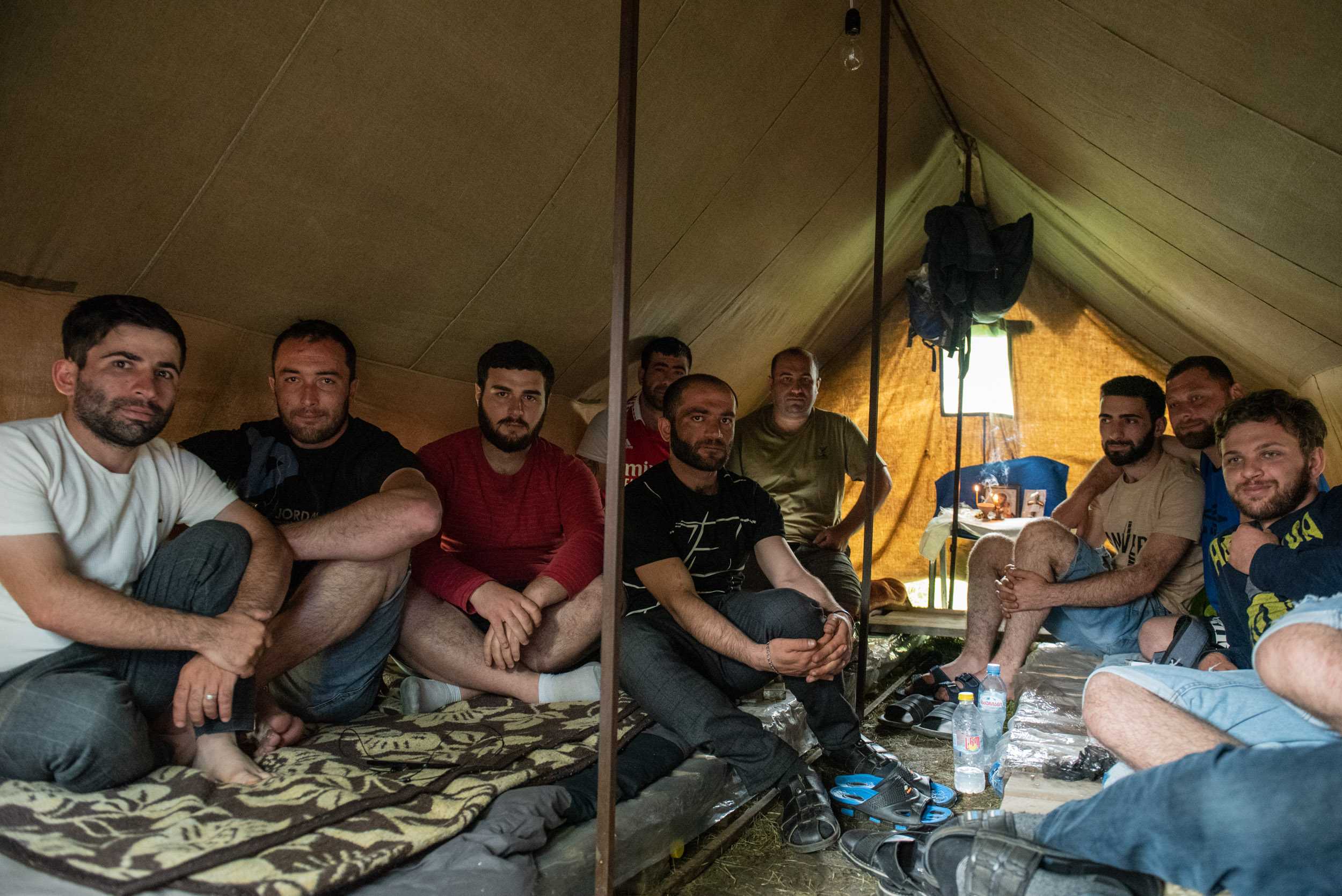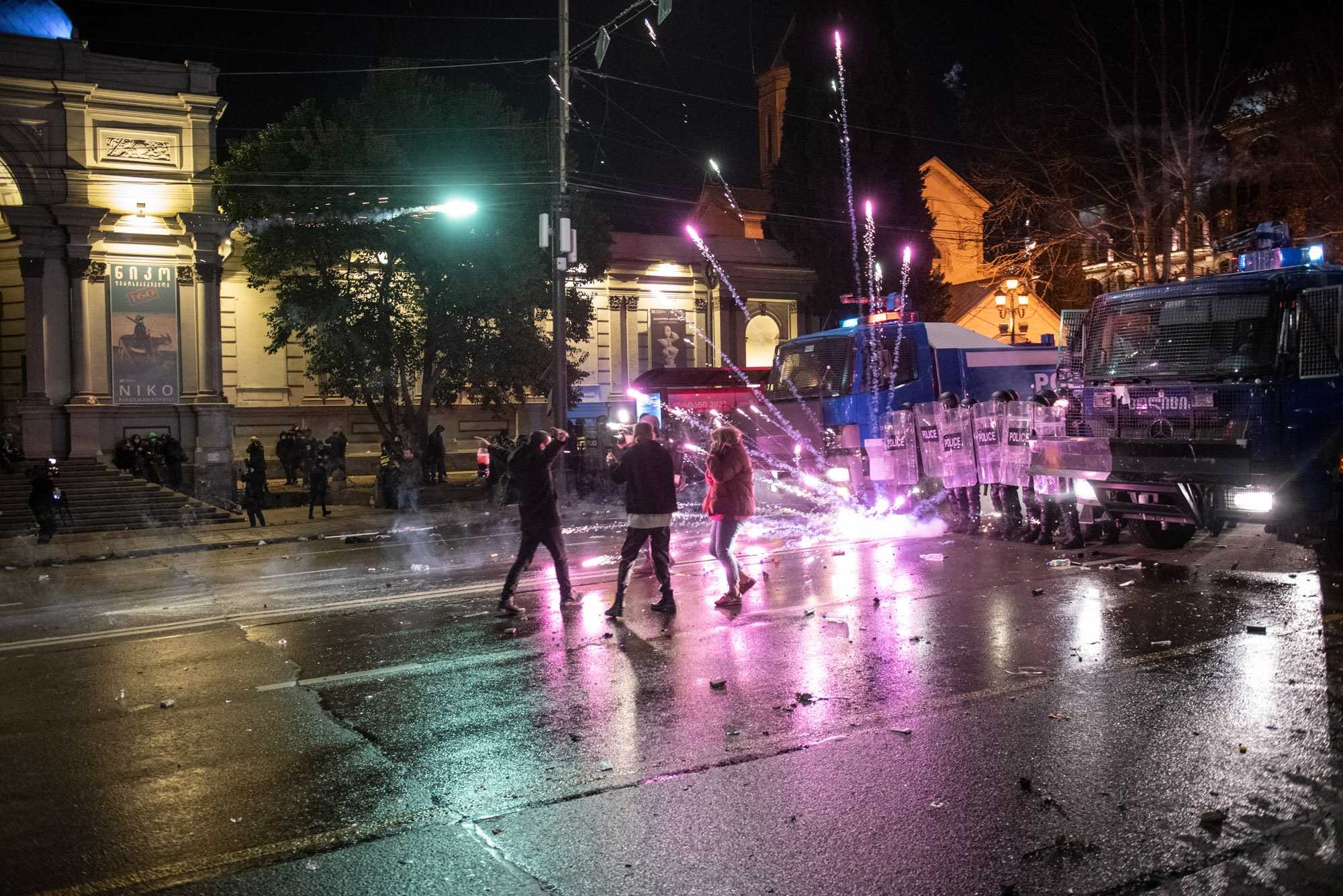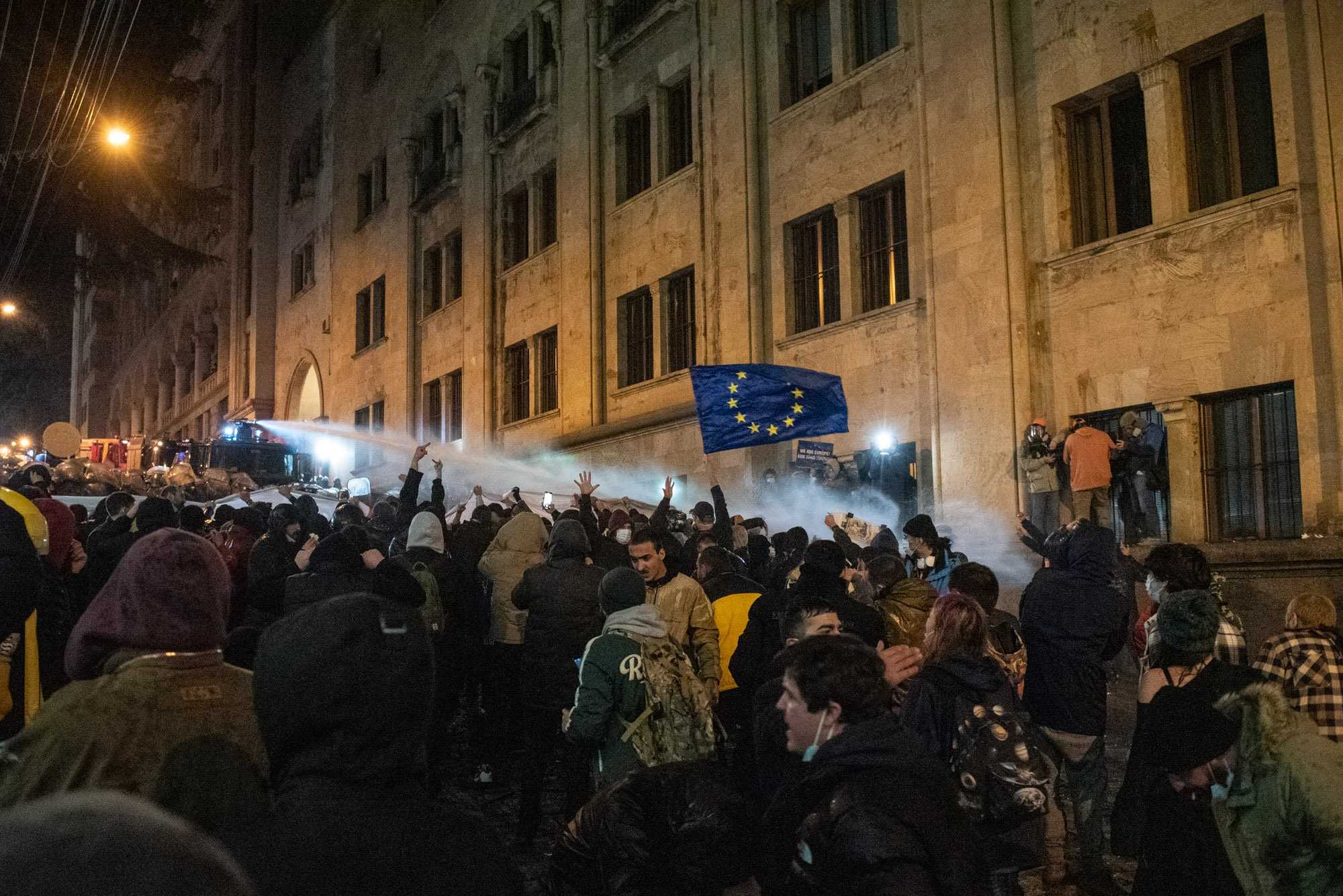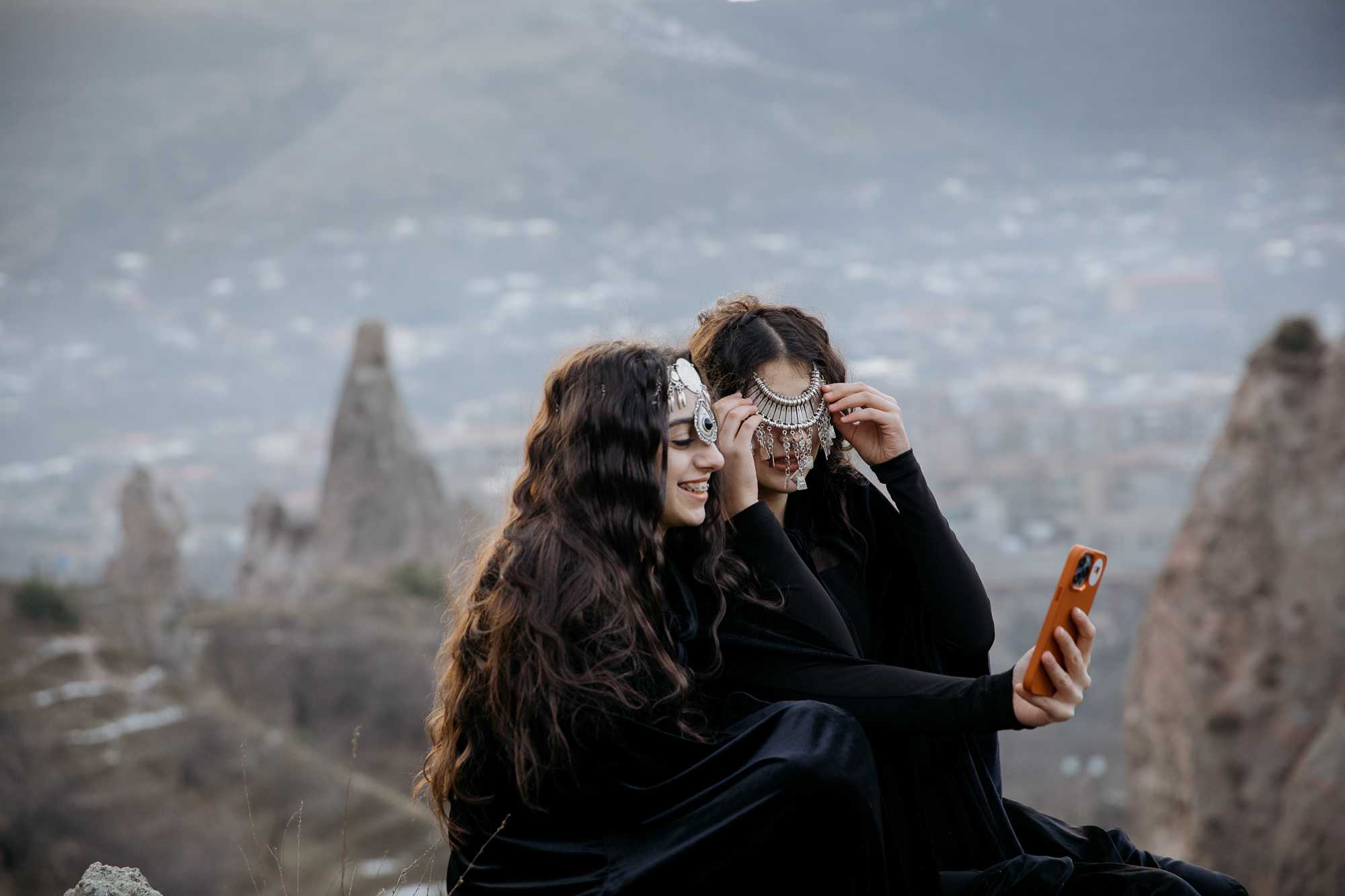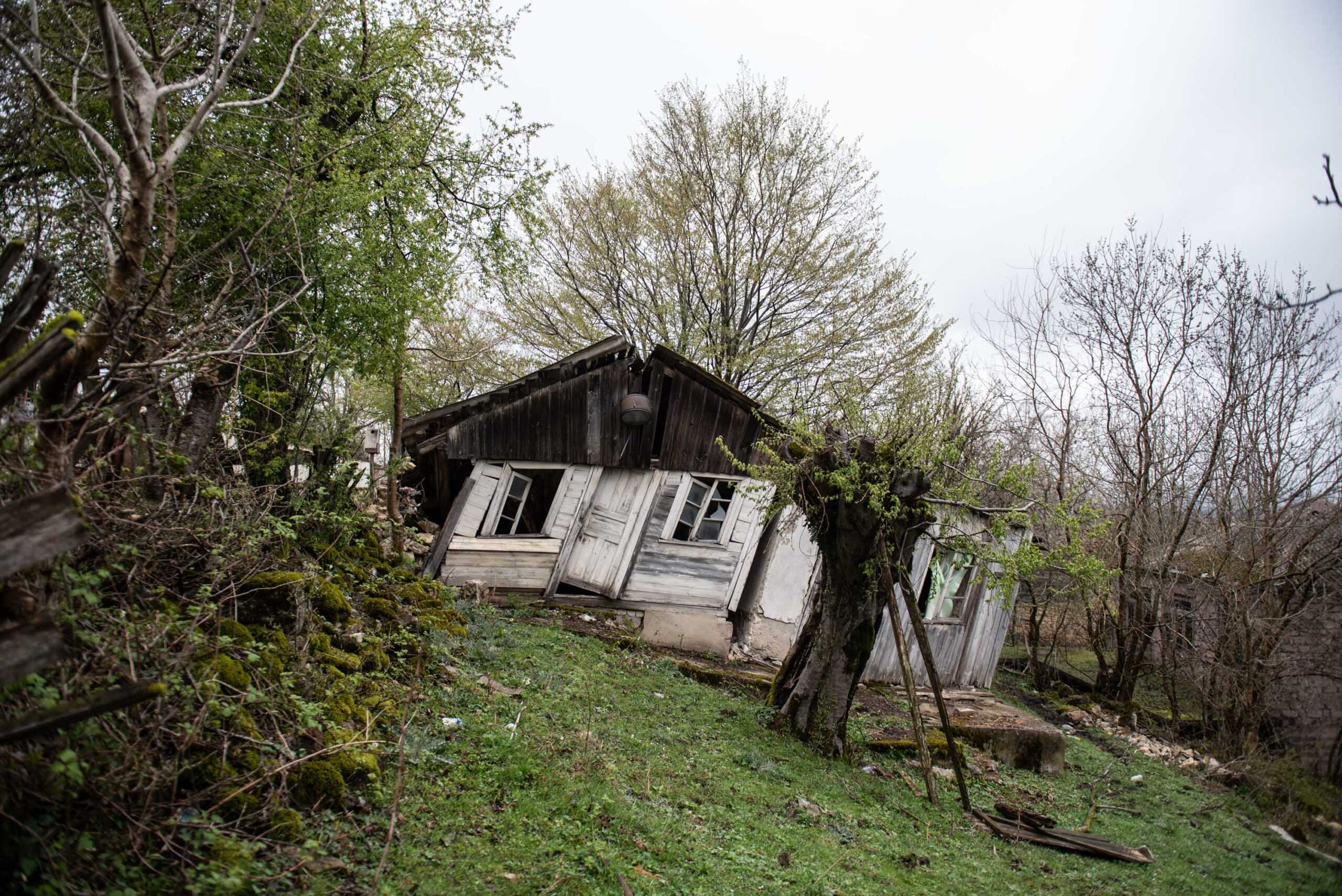
In Pictures | Living on the brink of collapse in Shukruti
In 2021, Vera Kupatadze was one of eight people who spent a month on hunger strike, her lips sewn shut, to demand compensation from Georgian Manganese for damage to her property. Today, Vera is one of dozens of Shukrutians who are demanding action and clarity from the company, which operates the mines in Chiatura, on the fate of their houses and the entire village. [Read more: Mine entrance blocked near Shukruti in renewed protest against Georgian Manganese] During the 2021 protests,

